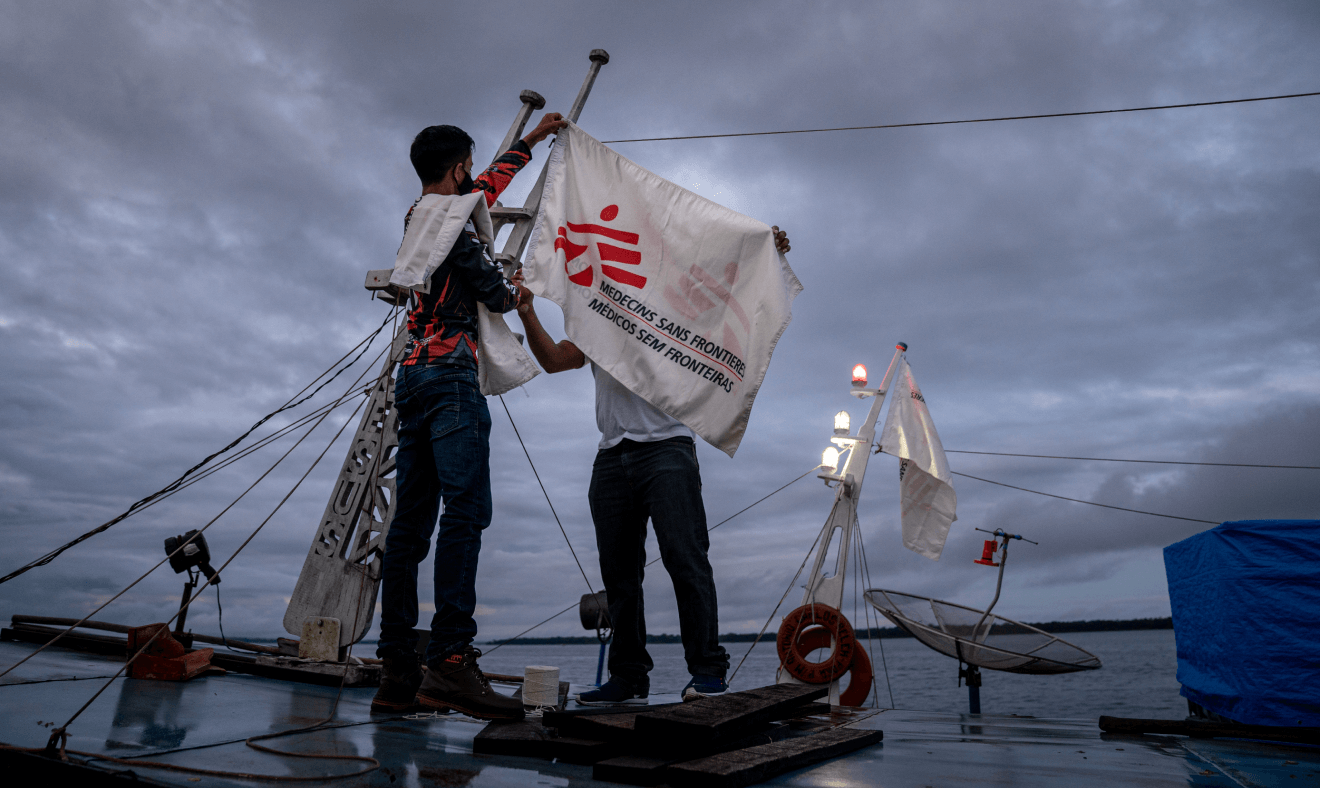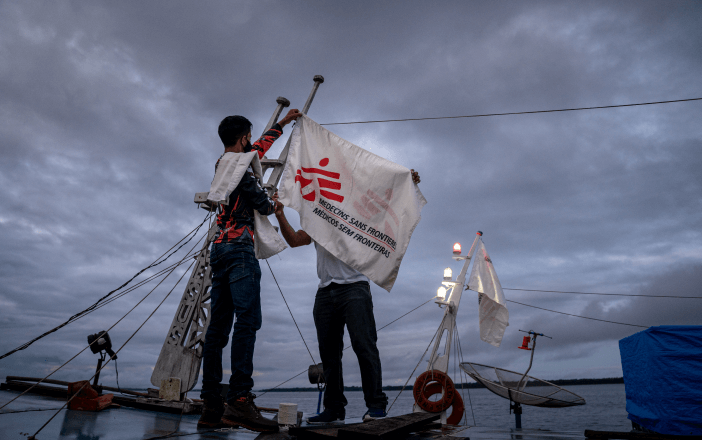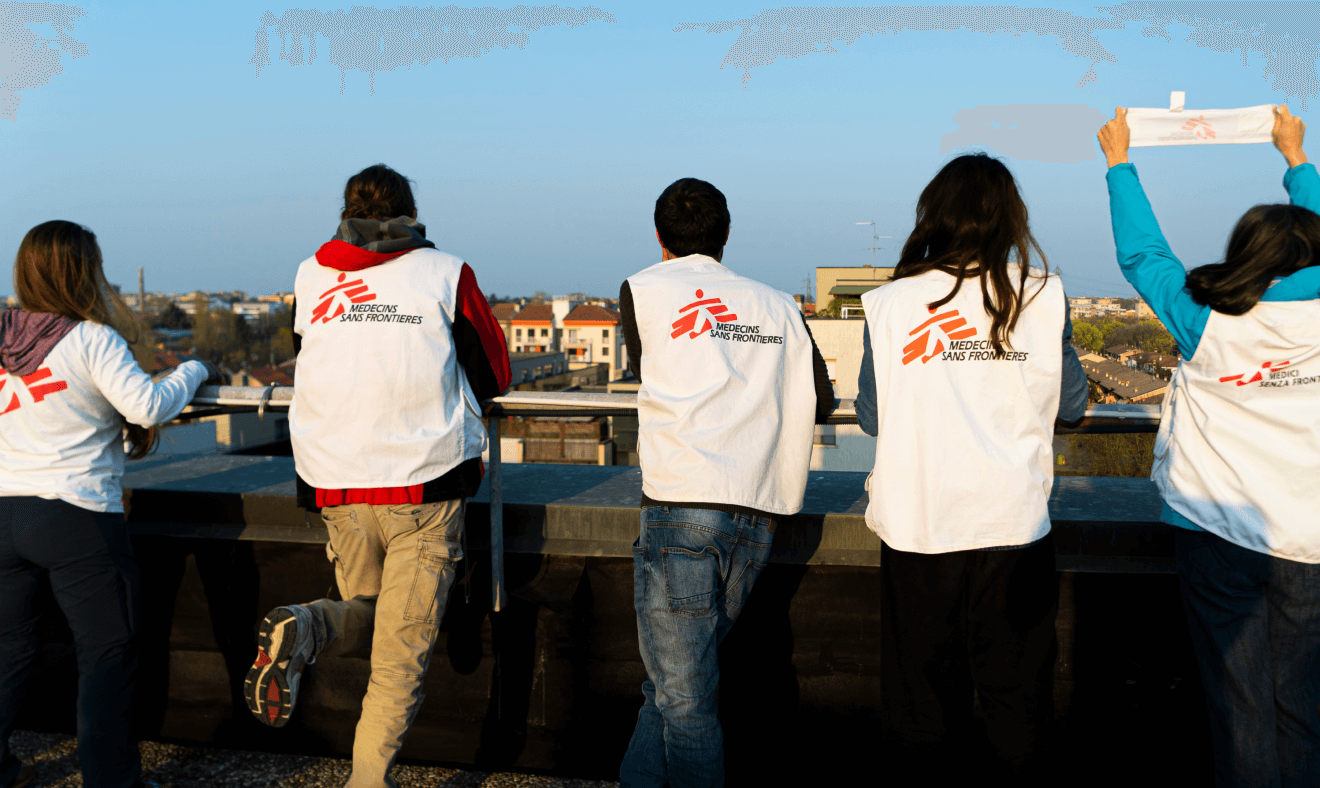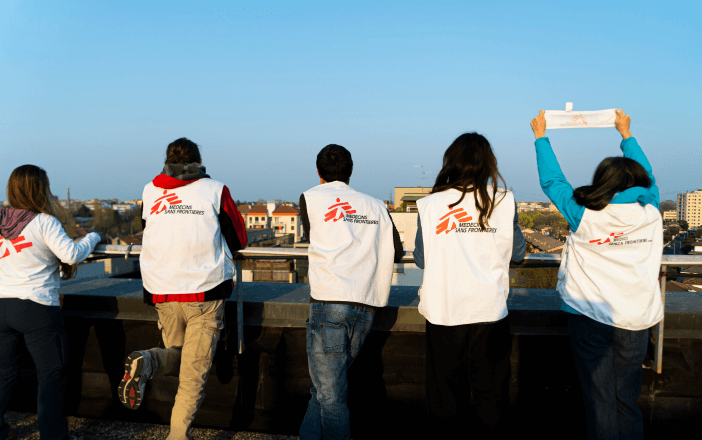Tactics for becoming an International Mobile Staff
Interested and want to know if you are suitable for MSF’s frontline missions? Not sure about how to become a field worker? You need to mee 3 fundamental requirements, as well as having the right skills, experience and inner resources. Then there’s a 4-step selection process and if it all goes well, you can become one of our field workers. We also have 5 tips further down the page to help you prepare yourself and increase your chances of joining us.
To become an MSF International Mobile Staff, there are 3 fundamental requirements: professional work experience, language ability, and the availability to join our assignments.
1. At least 2 years experience working in your specialty
Because MSF provides medical care and support to people suffering from conflict, violence, epidemics and natural disasters, life and death can be separated by just a few seconds when it comes to an emergency situation. Both medical and non-medical field workers are required to have relevant professional work experience to cope with the fast-changing field work. The more seniority and experience the better, but the minimum is two years.
2. Effective English language communication in the workplace
In frontline assignments, teamwork with international and local staff is always needed, and English is the most commonly used language. Therefore, one of the most important requirements for field workers is to be able to clearly express yourself and truly understand others in English. Good communication not only helps team collaboration, but also improves the efficiency and effectiveness of the medical projects, so that more patients will benefit from them.
3. Available for at least 6 months in the project
To ensure our projects and teams are sustainable and to reduce the frequency and cost of sending new field workers to the front line, the assignments are typically at least 6 months long. For surgery related professionals, like surgeons and anesthetist or other emergency responders, there can be shorter assignments that last only 2-3 months. Medical staff usually commit for 6-12 months, whereas non-medical staff spend 6-9 months in the field.
“There is no right or wrong answer to the interview question, you can be open to share your views and ideas. The most important part is not about how to face the assessment, but more on enriching your experience whether in terms of expertise, team management or other aspects.”── MSF (HK) Human Resource Manager
For more information about applying for the MSF project, please visit our profile page to learn more. For other enquiries or hiccups during your online application, please contact us at field.recruitment@hongkong.msf.org.
Related News & Stories from the Profession





